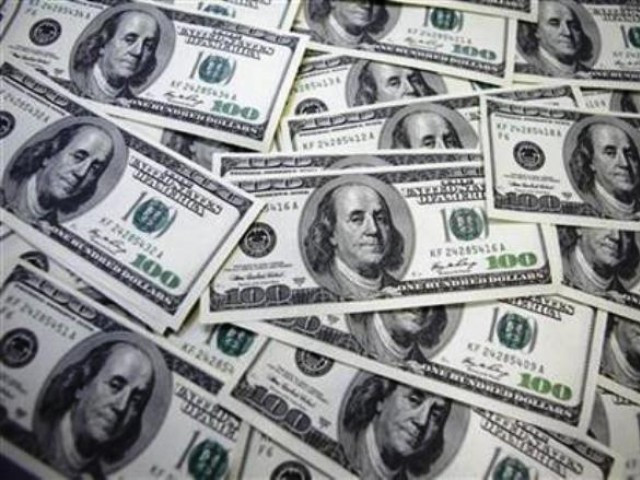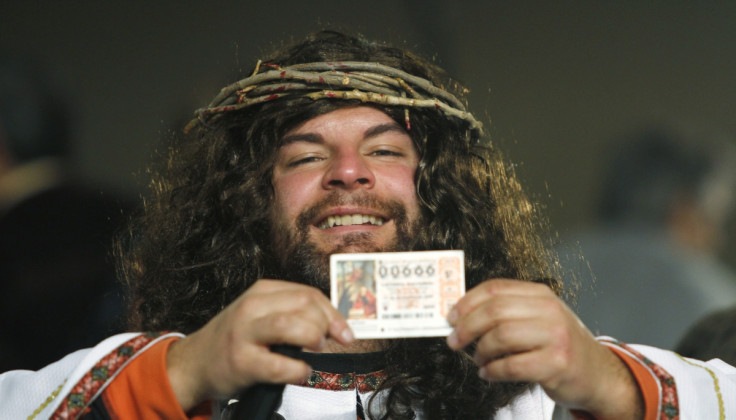US: Desperate poorest third buy half of all lottery tickets

It's pie in the sky and the poor are buying it: the idea of getting rich with lottery tickets. Government-sponsored gambling across America is reaping a windfall for states selling chances at riches, but it's largely coming at the expense of those who can least afford it.
Americans last year spent an astounding $70bn (£45bn) on lottery tickets in the 43 states where the games are legal. That's the equivalent of $300 for every adult living in those locations, reports the Atlantic. That's more than the entire nation spent on all books, video games, movie tickets, sporting events and recorded music.
But it's the poorest third of Americans who are buying half of all lottery tickets sold, a Duke University survey has found. That's largely because the games are most aggressively advertised in poor neighbourhood or to low-income markets.

Researchers have also discovered that lottery ticket purchases increase as poverty worsens, supporting experts' "desperation theory" about the gambling — that as situations get more dire people take even greater risks with their money, and the state grabs whatever it can.
It's a vicious relationship: Lottery tickets offer families the illusion of an escape from poverty while at the same time sucking away the money they so desperately need.
Ironically, it's revenue from lottery tickets and from the poor that's beginning to pick up the slack for corporations which are paying a smaller chuck taxes. In 2009, lotteries provided more revenue than state corporate-income taxes in 11 of states.
But it's not just the poor in America who are paying too much for a long shot. People living in the poorest counties buy the most tickets across the globe. "Of the 20 counties with poverty rates higher than 20 percent, 18 had lottery sales topping the statewide average," the North Carolina Justice Center reported.
© Copyright IBTimes 2025. All rights reserved.




















